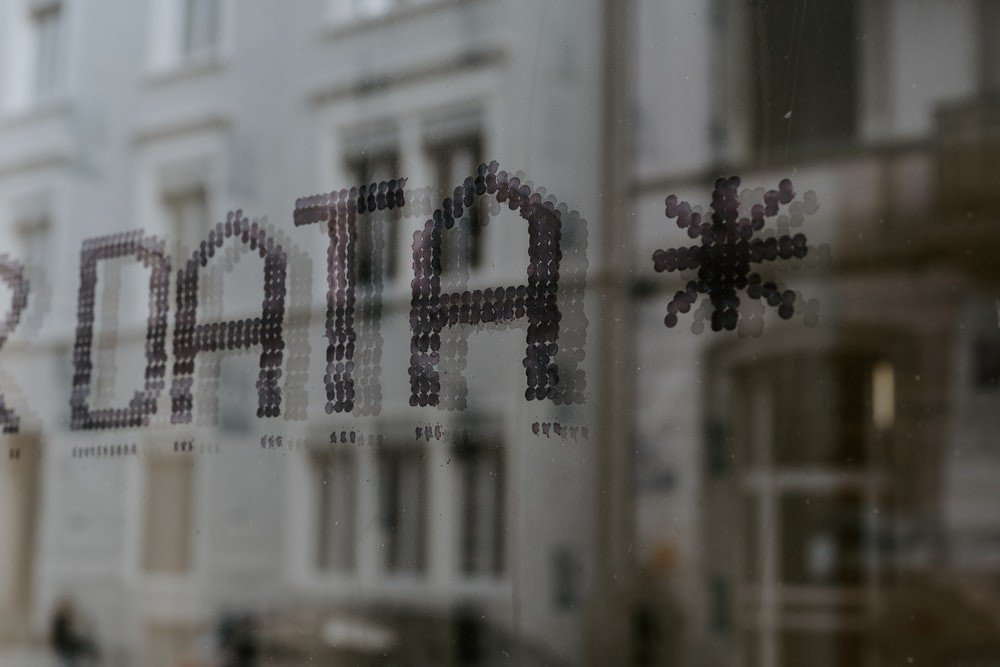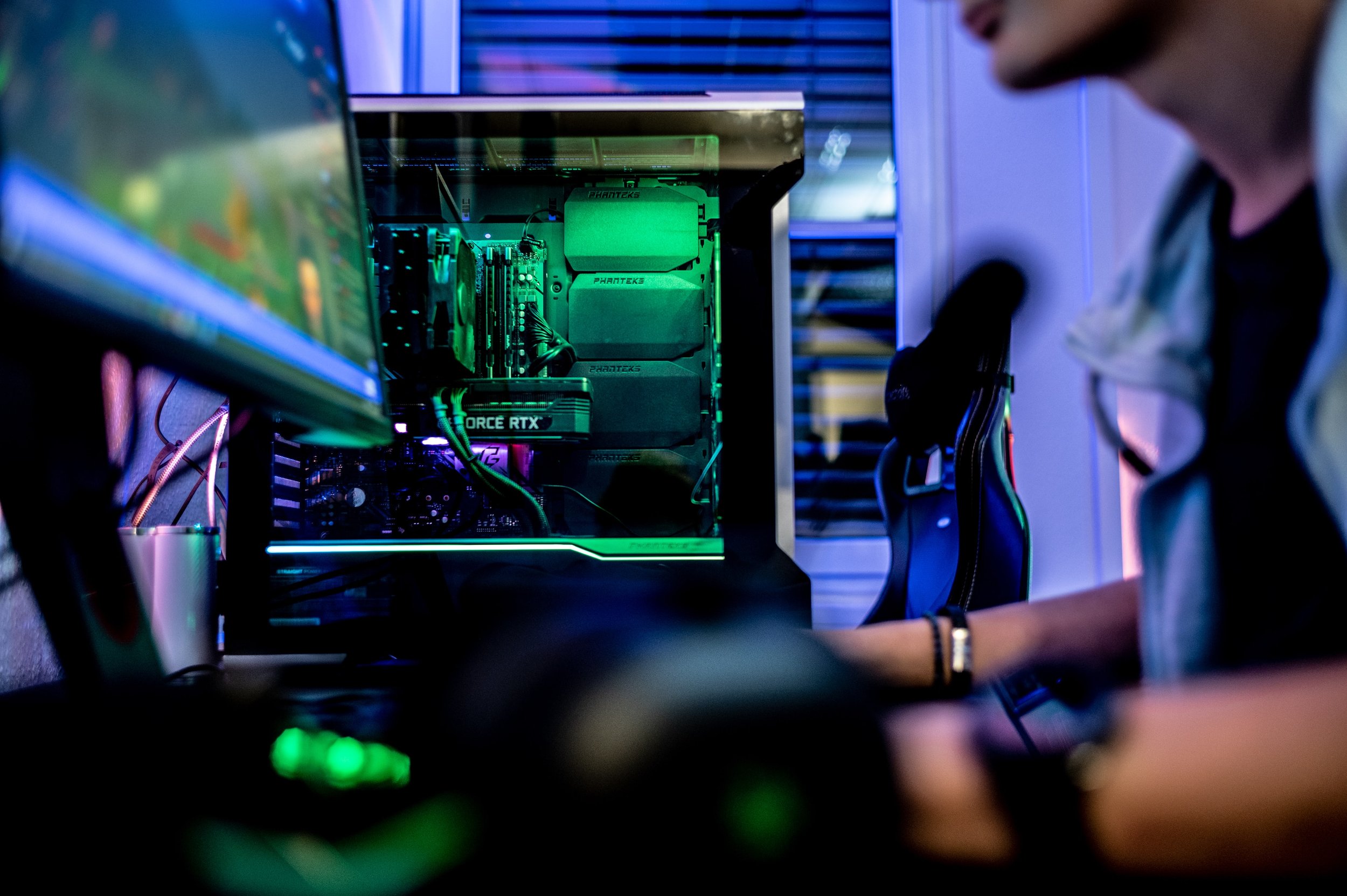ReD’s Morgan Ramsey-Elliot and Mikkel Krenchel on the untapped potential of AI’s social superpowers and the case for more solutions built for “us” rather than “me”.
Presented at EPIC 2024, our paper on how first-person data can afford new possibilities for anthropology and the social sciences to capture and work with longitudinal, immersive, behavioural data at scale.
Our paper on three productive frictions in today’s business setting, presented by Maria Cury at EPIC 2023.
Our paper on friction in everyday information-seeking on smartphones for EPIC 2023.
How a deeper understanding of parental shame around tutoring can unlock educational benefits for children.
To what extent does the metaverse mark the next paradigm shift in how we work, play, and learn as humans?
To get wearables right, we have to get the body right first. Our research across fashion, luxury, and technology points to at least three strategies from fashion and adornment to help makers, in short, make wearables more wearable.
There’s an assumption that people want algorithms to serve up frictionless experiences, but our work shows something different. People want to have relationships and dialogues with algorithms and hack them toward different ends – in other words, social algorithms.
A list of articles, Twitter threads, blog posts, podcasts, and books is an attempt to cut through the unchecked hyperbole and direct you to the most interesting angles on the topic.
From fashion brands to Silicon Valley giants, virtually every company is trying to make algorithms work for their business.
DALL-E 2 has been inspiring endless rumination on the future of technology and art: will DALL-E be a new creative tool or the death of art altogether?
Post-lockdown, there is renewed enthusiasm and excitement around cities.
How will businesses built around physical offerings, like automotive and mobility, stay valuable or even relevant to users of the metaverse?
When it comes to rolling out groundbreaking innovations like the metaverse, getting social norms right is more important than the tech itself.
ReD hosted Max Brooks to discuss the power of metaphor to strengthen storytelling and why the tech industry should ban the word “disruption”.
Mikkel Krenchel and Maria Cury discuss the potential promise and pitfalls of the synthetic data revolution underway.
As companies roll out haptic technology that mimics the sensation of weight and touch of real objects when handled in virtual space, it’s important we keep the technology in the background to ensure our hands, and humans, can learn, collaborate, and shine on their own.
In this article for Slate, the authors provide lessons learned from original ethnographic research of QAnon ‘formers’.
Most people end up making suboptimal investment decisions. But is automation the answer from an ethical point of view?
Financial companies need to understand their customers, their social worlds, and their relationship to money to make “super apps” work in the long term.
Getting #mobilityasaservice ‘right’ is an ever-evolving challenge for cities the world over. How do mobile disrupters go wrong when they think of cities as hardware searching for software?
Any brand seeking to be relevant in the current cultural landscape must understand what it means to be a gamer.
Building contextually informed algorithms requires collaboration between human science and data science teams who are willing to extend their frame of reference beyond their core skill areas.
A ReD paper based on work conducted with Facebook Reality Labs offers reflections on why context matters and how to study abstract concepts in everyday life.
We have been examining how group behaviors in specific social and physical contexts change with remote working.
As businesses scramble to understand the digital revolution of the home, they have misunderstood many of the realities of modern domestic life.
The not-too-distant future may bring more ubiquitous personal computing technologies seamlessly integrated into people's lives, with the potential to augment reality and support human cognition. For such technology to be truly assistive to people, it must be context-aware.
In our tech practice, we monitor CES each year for provocative and disruptive innovations that might force us to rethink the tech landscape our clients live in.
This podcast explores which problems require interdisciplinary collaboration and how teams with radically different world views can get it right.






























